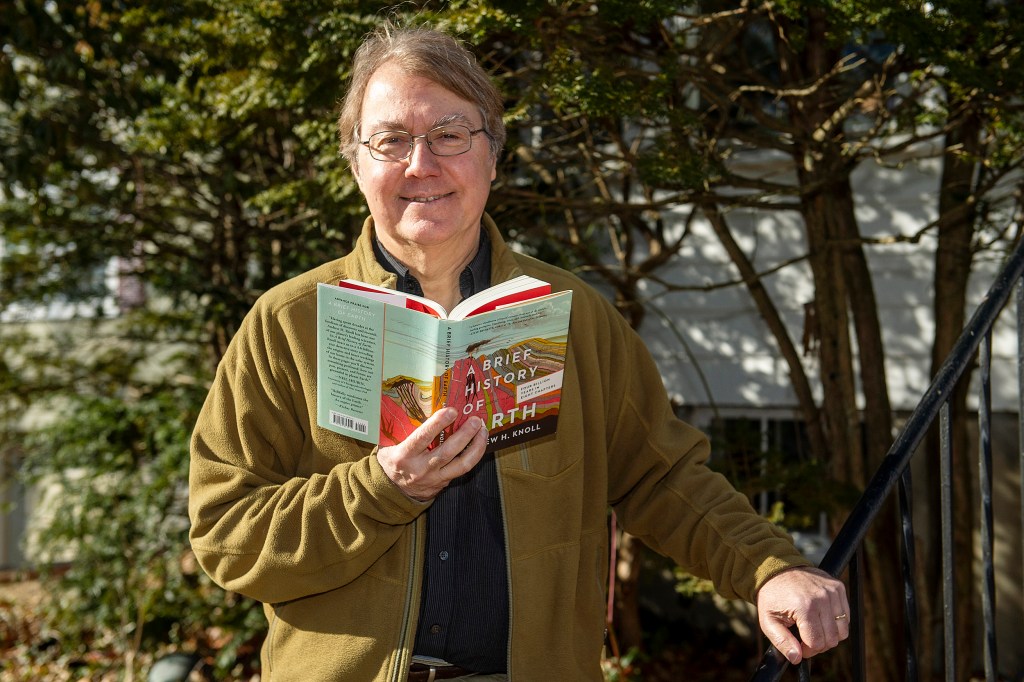Science & Tech
-

Preserving learning in the age of AI shortcuts
In podcast, teachers talk about how they’re using technology to supercharge critical thinking rather than replace it
-

A ‘cocktail’ recipe for brain cells
Stem cell biologists discover how to regenerate type damaged in ALS, spinal cord injuries

-

When you do the math, humans still rule
Harvard’s Lauren Williams, a MacArthur ‘genius,’ joins international effort to challenge notions of AI supremacy
-

‘Imagination’
Less like a picture, more like a video game? Cognitive scientist explains how we ‘see’ what isn’t real.
-

Breaking chess’s rating stalemate
Ranking skill can be tricky when the best players draw more than they win, so a Harvard statistician invented a new method

-
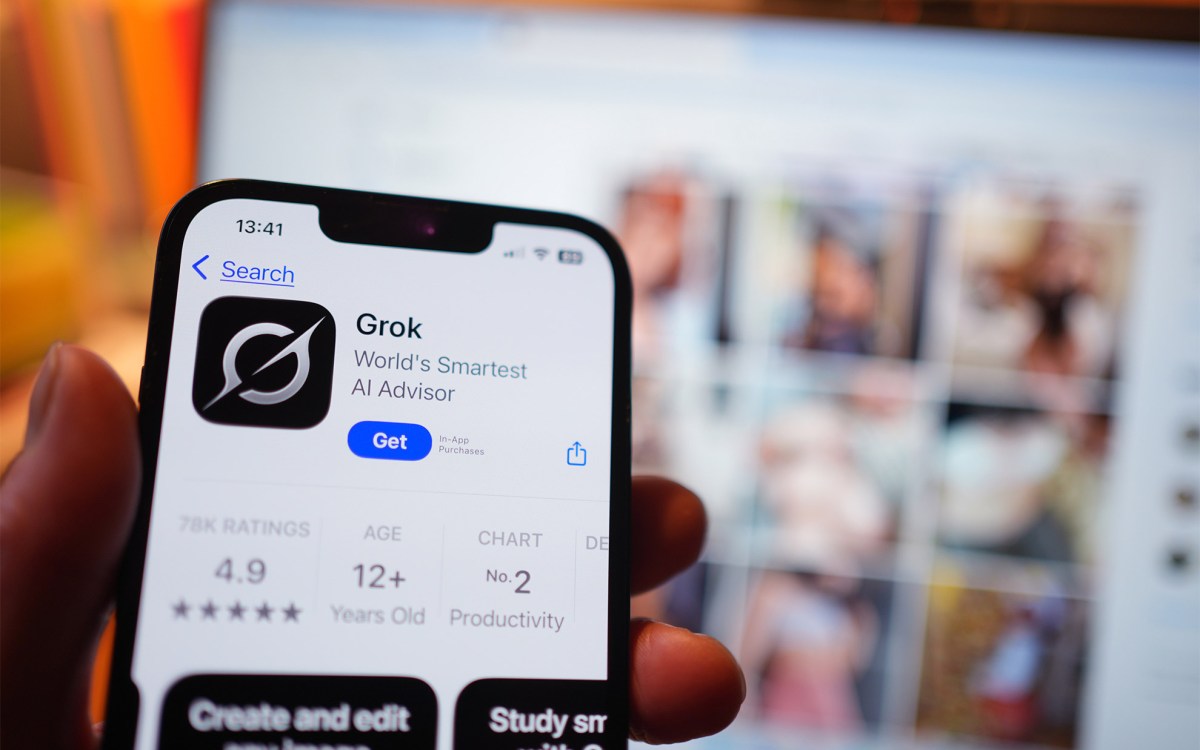
How AI deepfakes have skirted revenge porn laws
Limits unclear when explicit images of individuals look real, but are digitally generated
-
A matter of vision
Federico Capasso believed a flat lens could revolutionize advanced products, devices. But he needed help innovating one, and getting it to market.
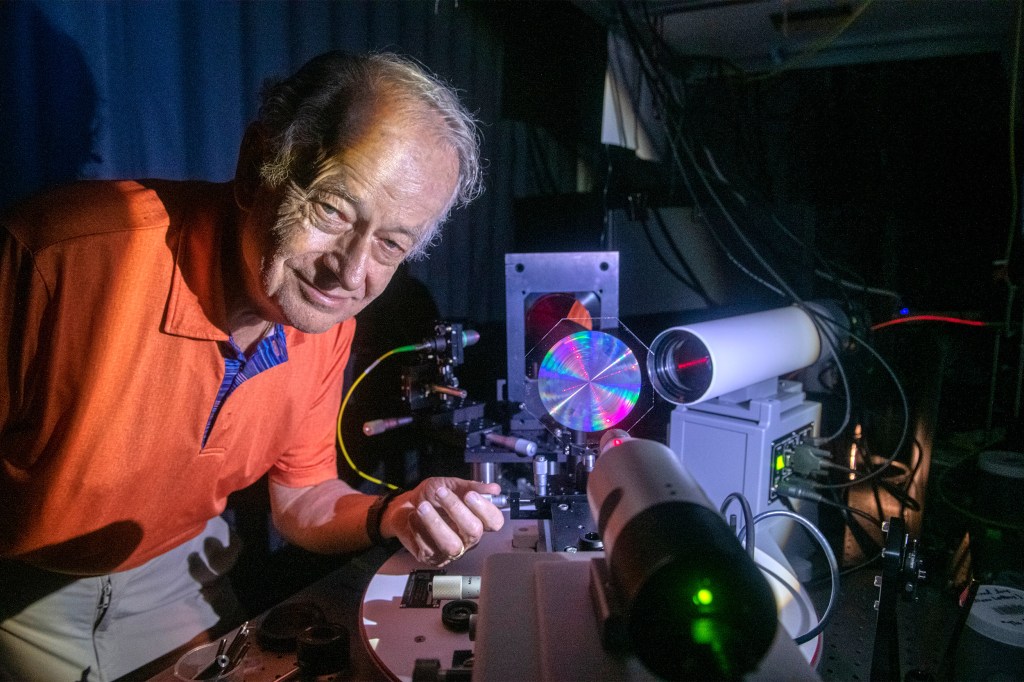
-
Think of them as utility players
New study shows that microglia cells “listen in” to neighboring neurons and change to match them.
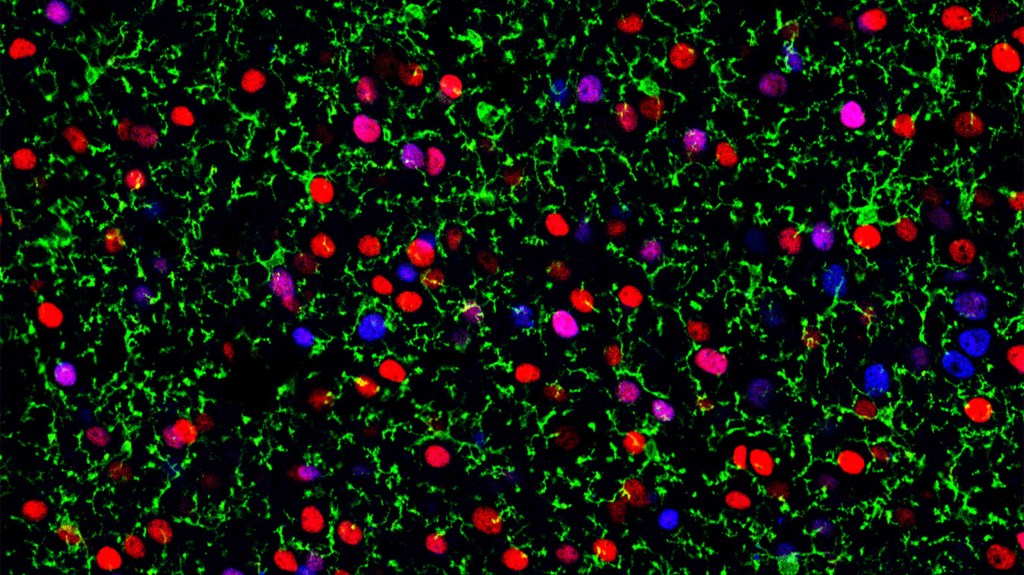
-
To sleep, perchance they dream?
New Harvard study documents REM in spiders.
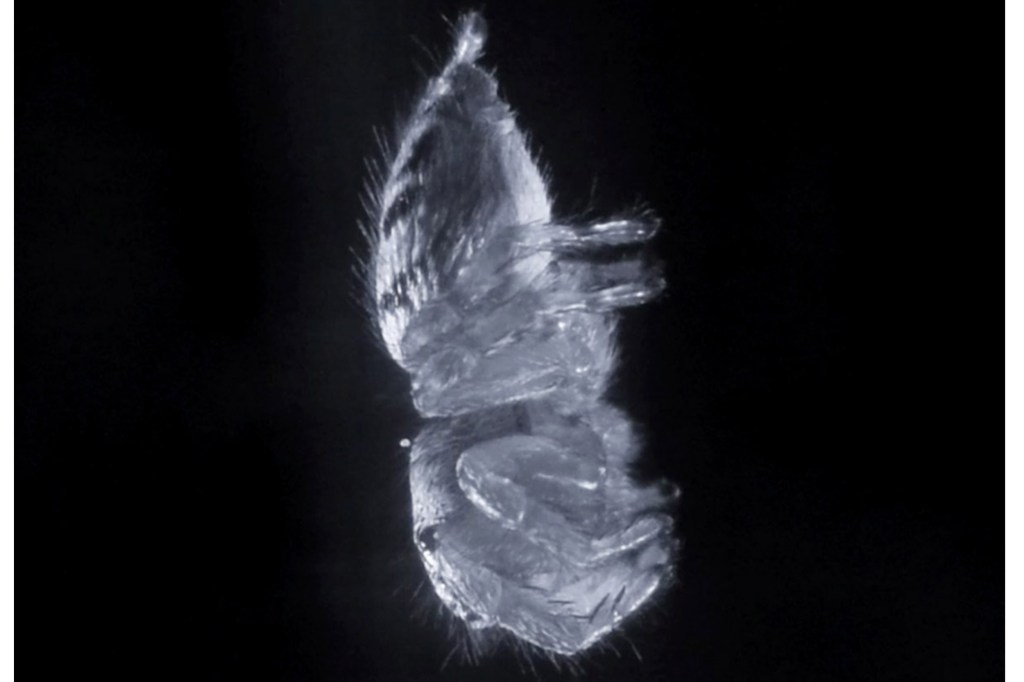
-
Finding much to like in Senate climate deal
John Holdren, who served as President Obama’s top adviser on science and technology policy, discusses the climate deal and its potential impact.

-
When you talk silly to baby, the world joins in
Study finds striking similarities in infant-directed speech and song in cultures spanning six continents.

-
Tracing history of early seafarers through genes
New genetic research shows untold migration to remote Pacific islands was generally matrilocal.

-
Teaching algorithms about skin tones
Google adopts sociologist’s skin-tone scale, which aims to promote inclusion, diversity, help fix problems in facial recognition, other technologies.

-
Novel food wrap offers shelf preservation
Harvard researchers have developed a biodegradable, antimicrobial food packaging system that extends shelf life and eliminates foodborne illness.
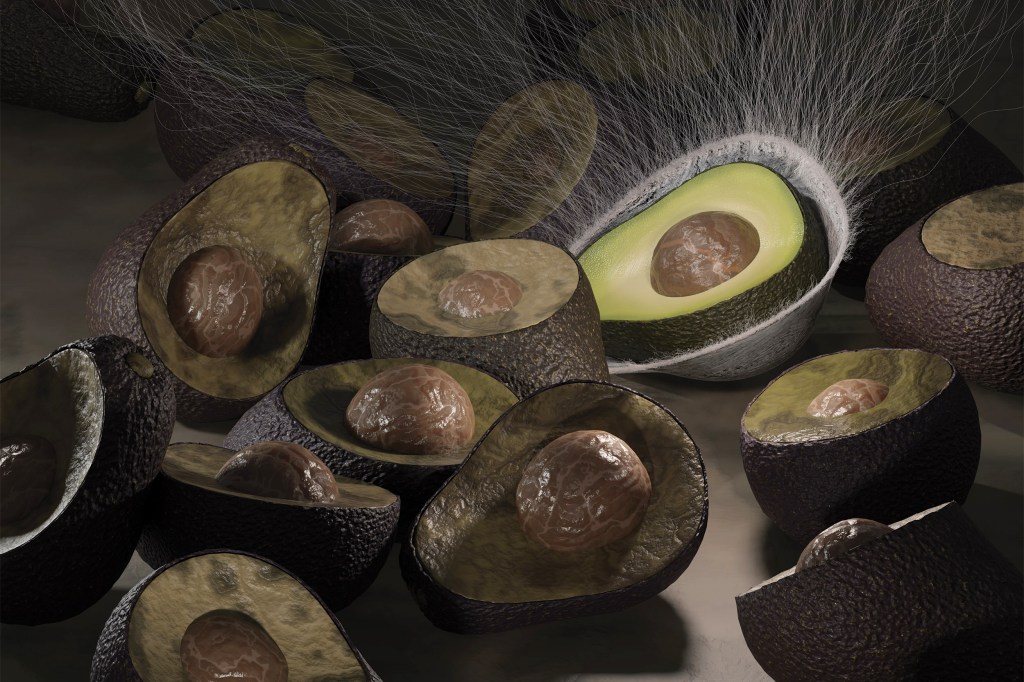
-
Keeping cool without warming the planet
Harvard scientists have developed a revolutionary new mechanism that could unlock environmentally friendly air conditioning.
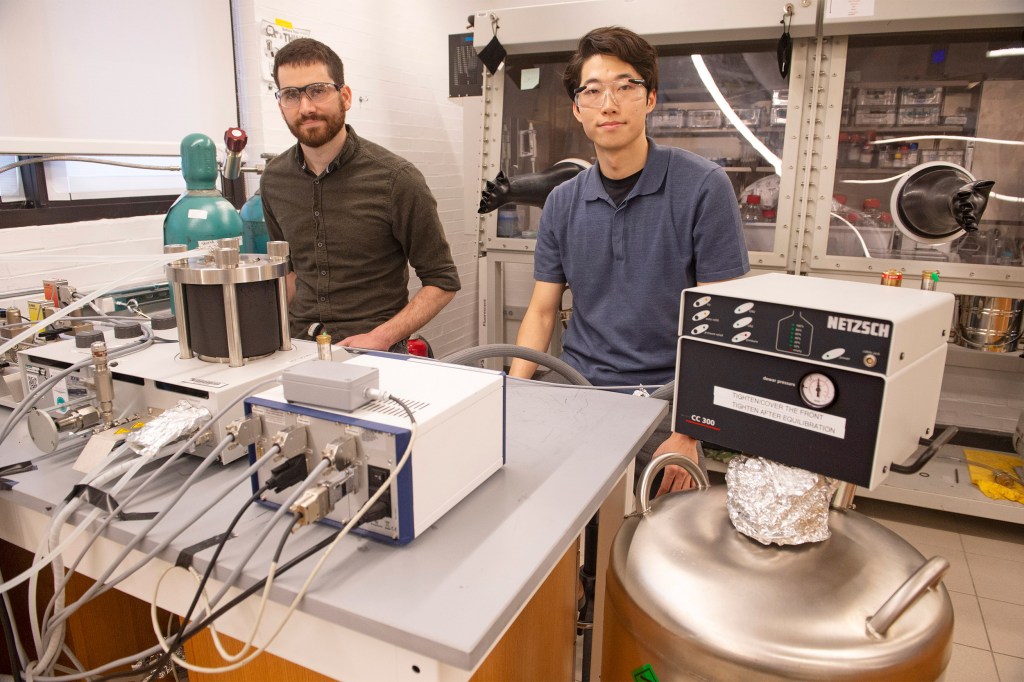
-
Brain practices new tasks while we sleep
Researchers look at “replay” during sleep, which is theorized to be a strategy the brain uses to remember new information.

-
Women in STEM need more than a law
Women scientists have seen gains in STEM since the addition of Title IX, but culture remains an obstacle.
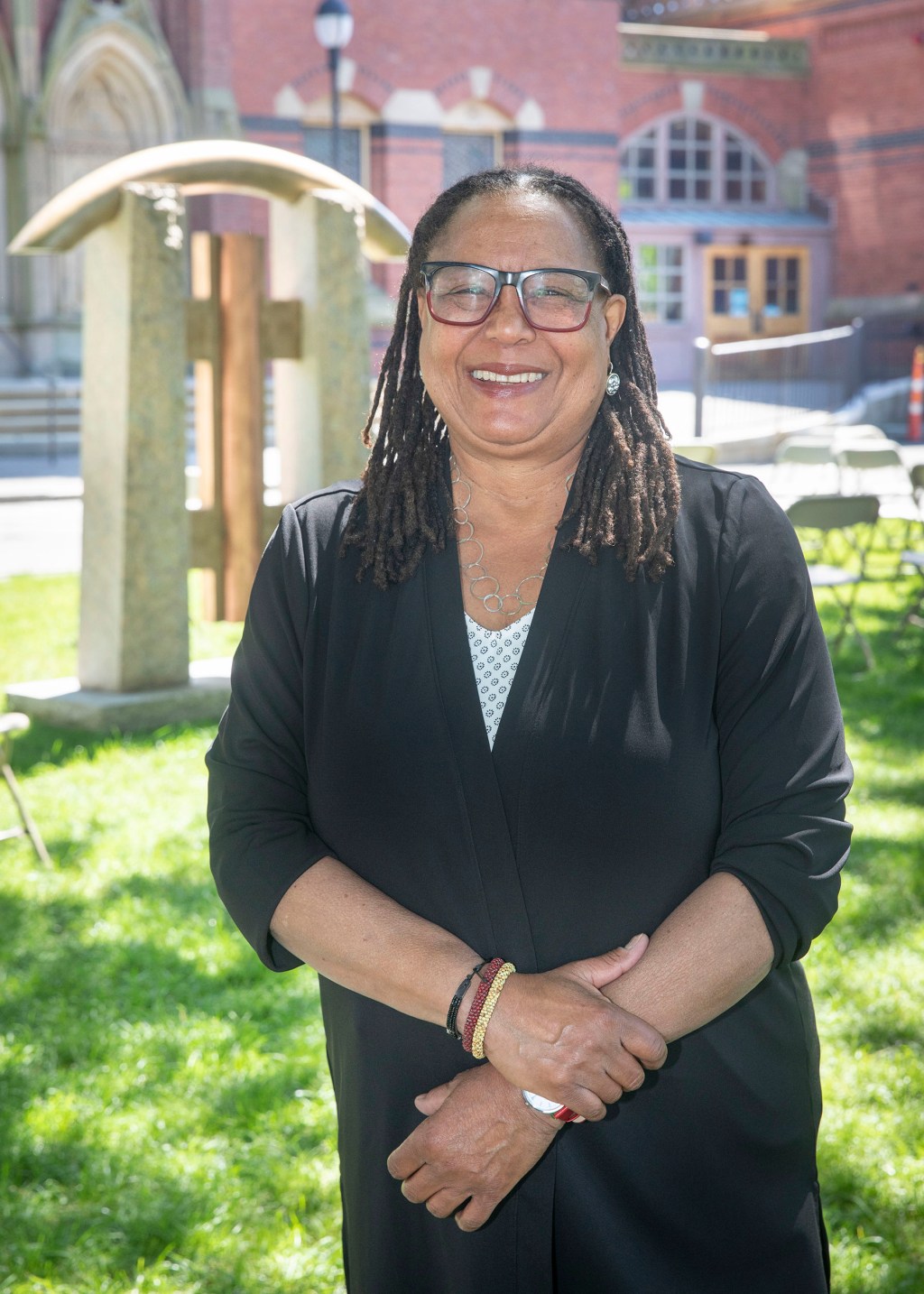
-
How humans evolved to get along (to extent that we do)
According to a new study, bonobo group dynamics show they are a model for the evolution of human peacemaking.
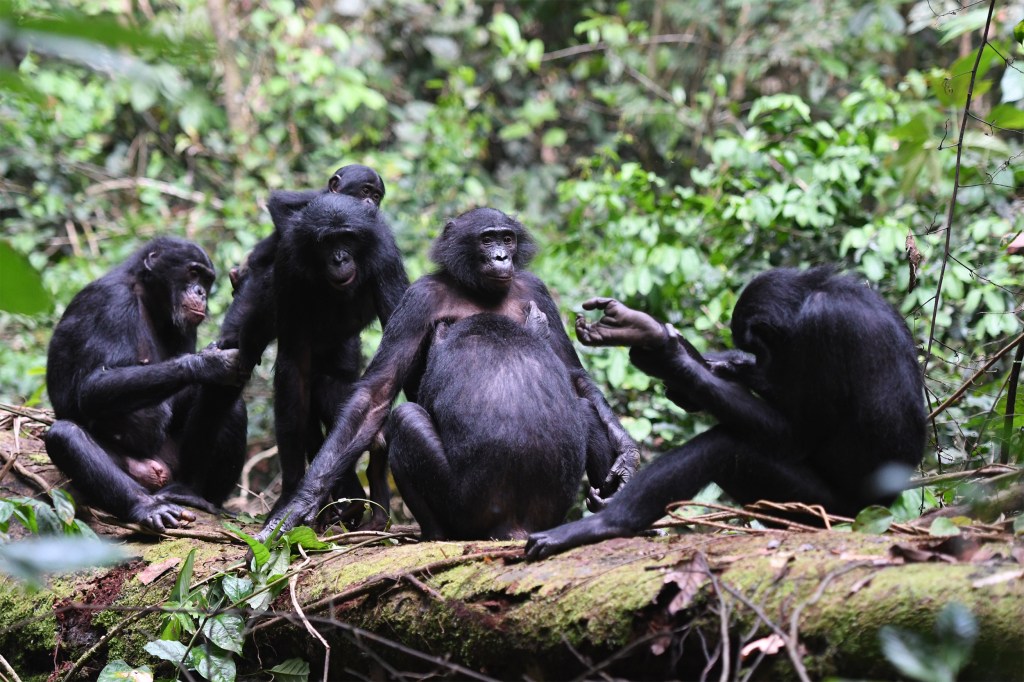
-
Leeches as tool for map biodiversity
Scientists looking to measure the biodiversity of wild animals in a nature reserve are taking their lead from leeches.
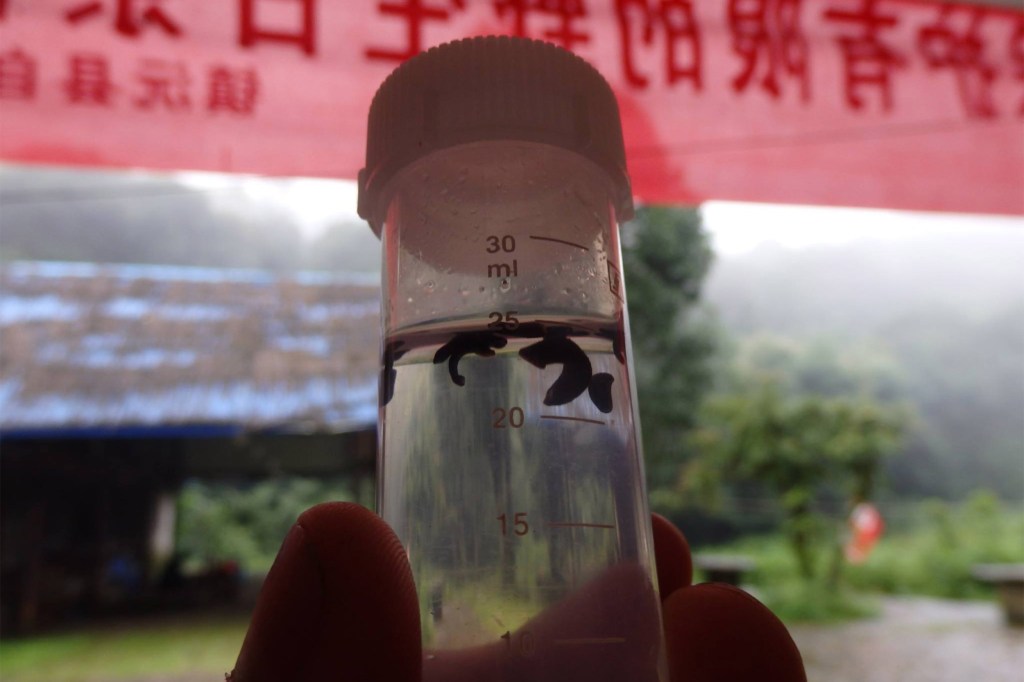
-
Global helium shortage slams brakes at Harvard labs
Latest helium shortage is impacting scientific research, equipment, and progress of grad students.
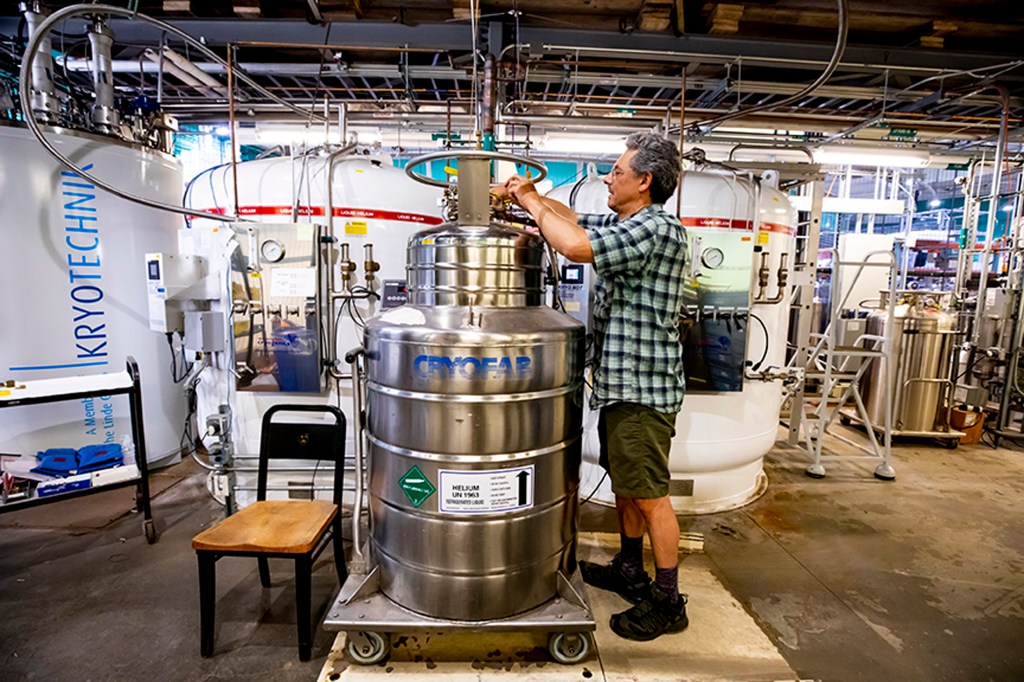
-
How the brain responds to infection
Study illuminates connections to immune system.
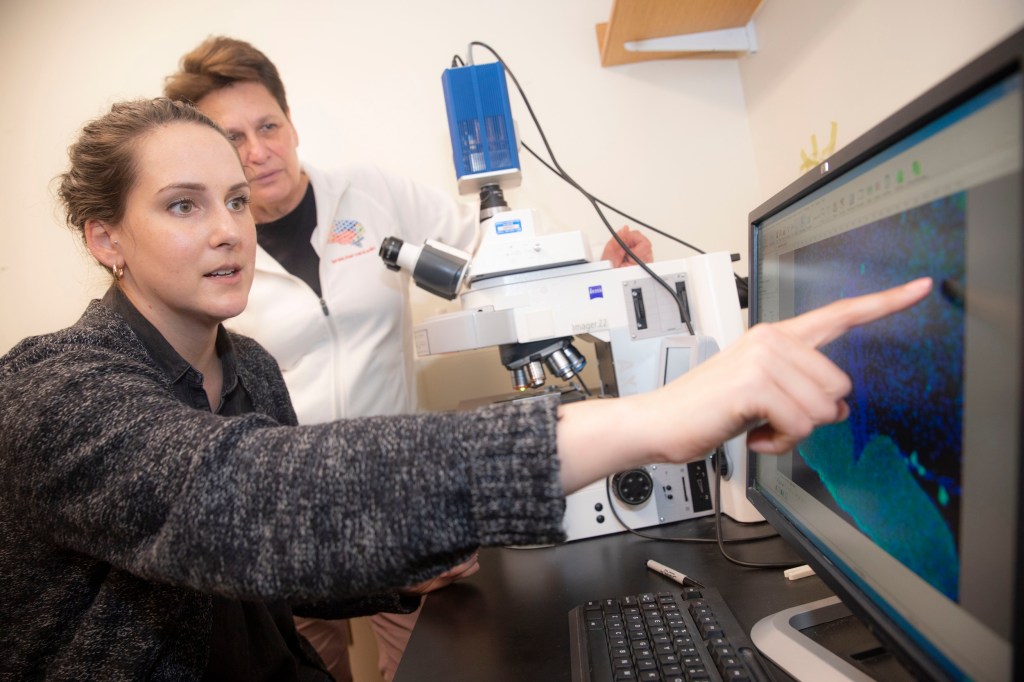
-
Thoreau’s flowers shine light on climate change
‘In Search of Thoreau’s Flowers: An Exploration of Change and Loss’ exhibition marries art and science at Harvard Museum of Natural History.
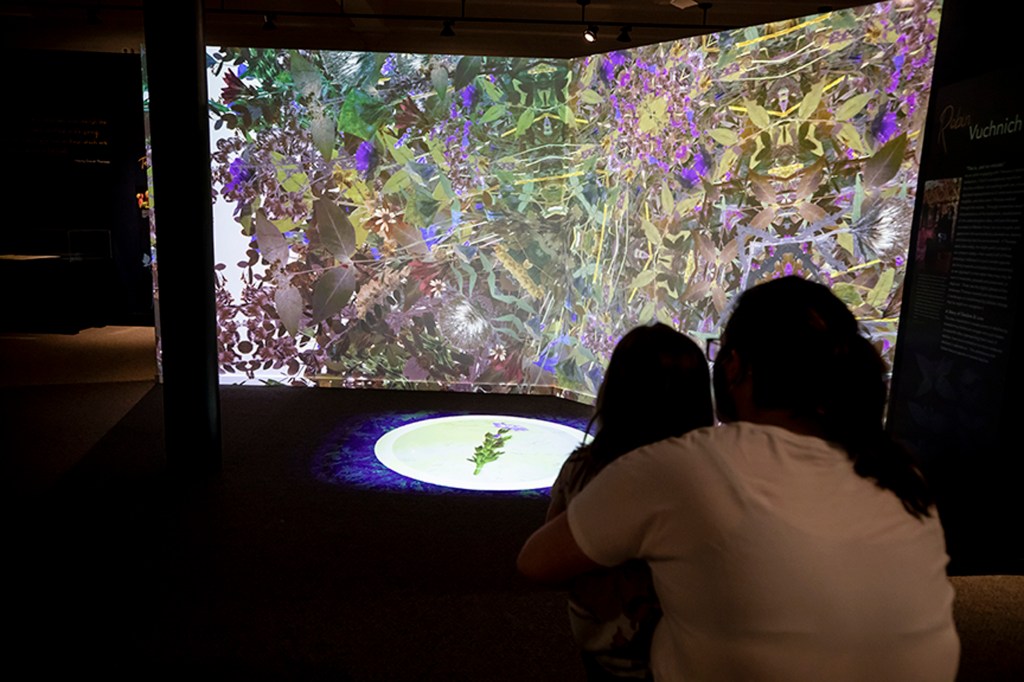
-
The language of dreams
Proficiency, place, emotion, or something else? These late-night conversations defy easy explanation.

-
10 teams tackle climate change
Ten research teams at Harvard will share $1.3 million in the eighth round of the Climate Change Solutions Fund awards, which address both local and global issues.
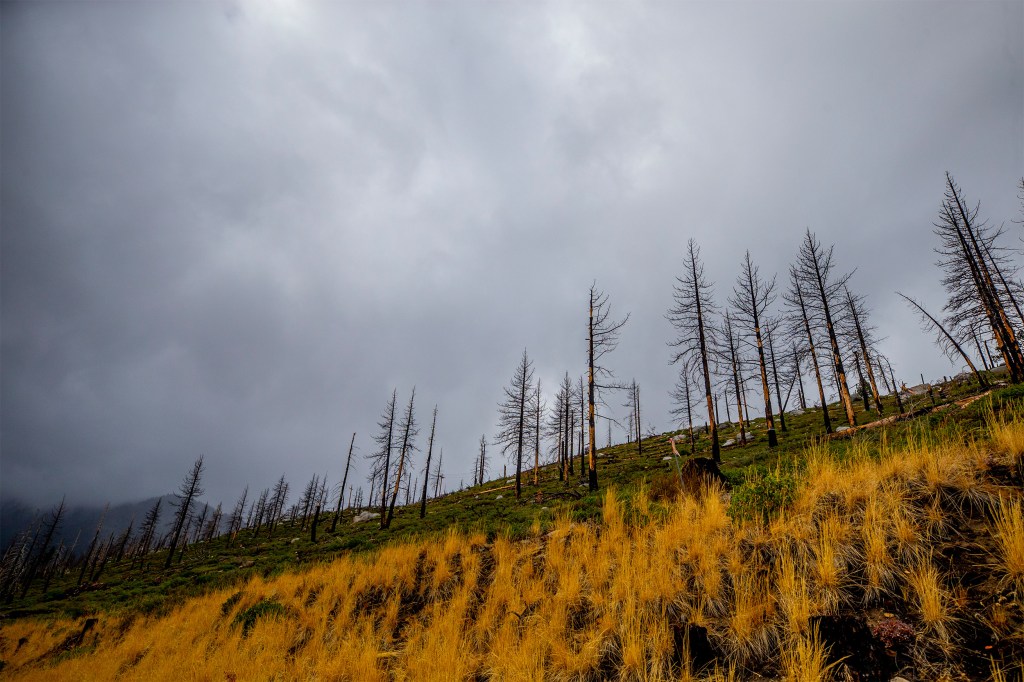
-
‘The dawn of a new era in astronomy’
Harvard scientists discuss what the quest to image black holes could tell us about our universe.
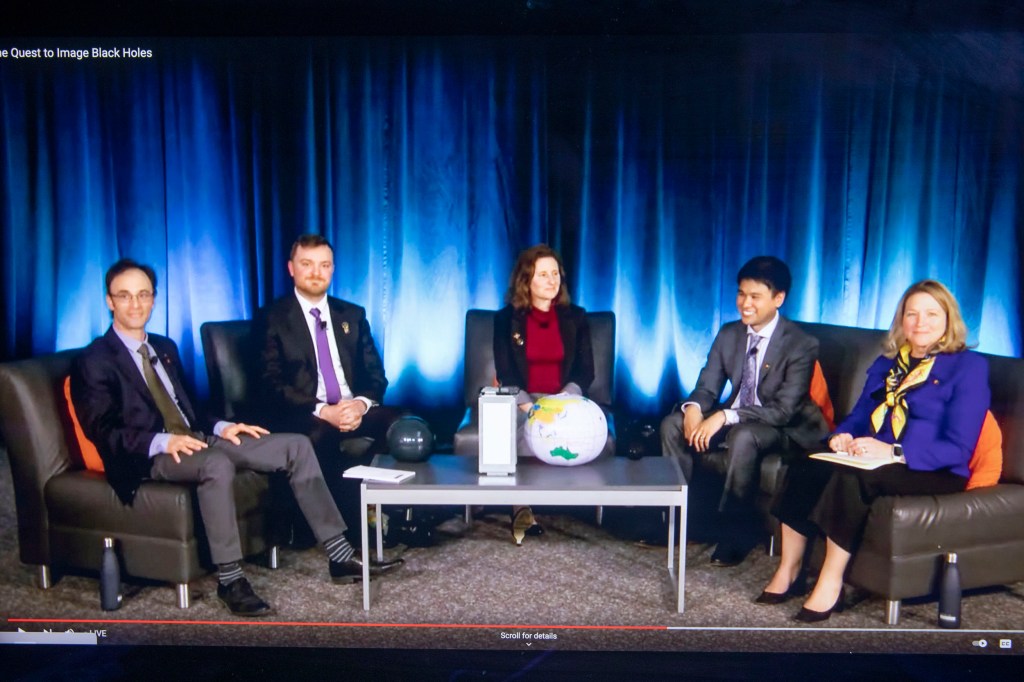
-
First image of black hole at the heart of Milky Way
Pioneering Harvard-led global collaborative unveils latest portrait, bolstering understanding of relativity, gravity.
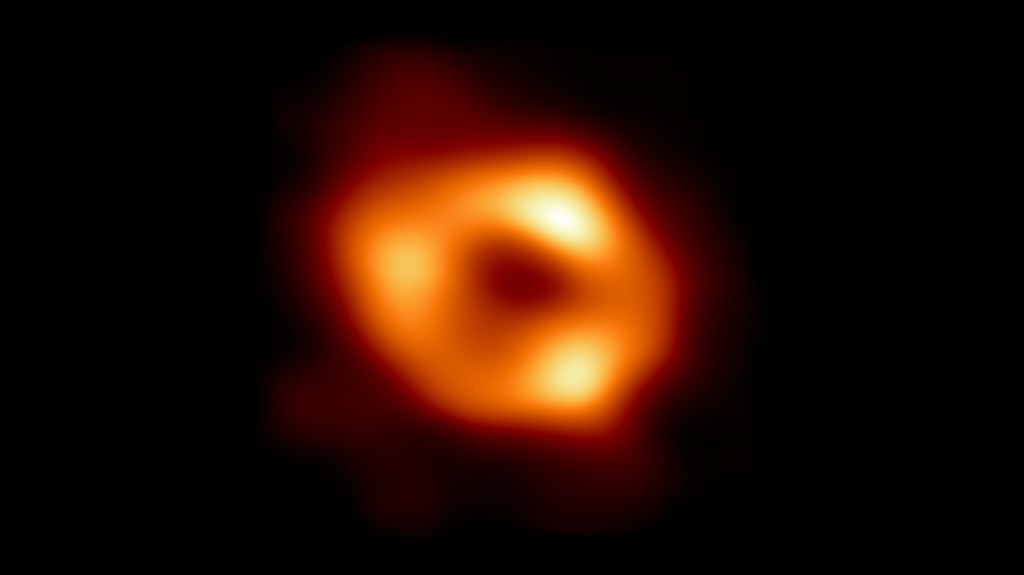
-
A tour of the brain’s life span, complete with upside-down vision
A new book illustrates how one cell develops into the complex operational centers that not only make us human, but also individuals.
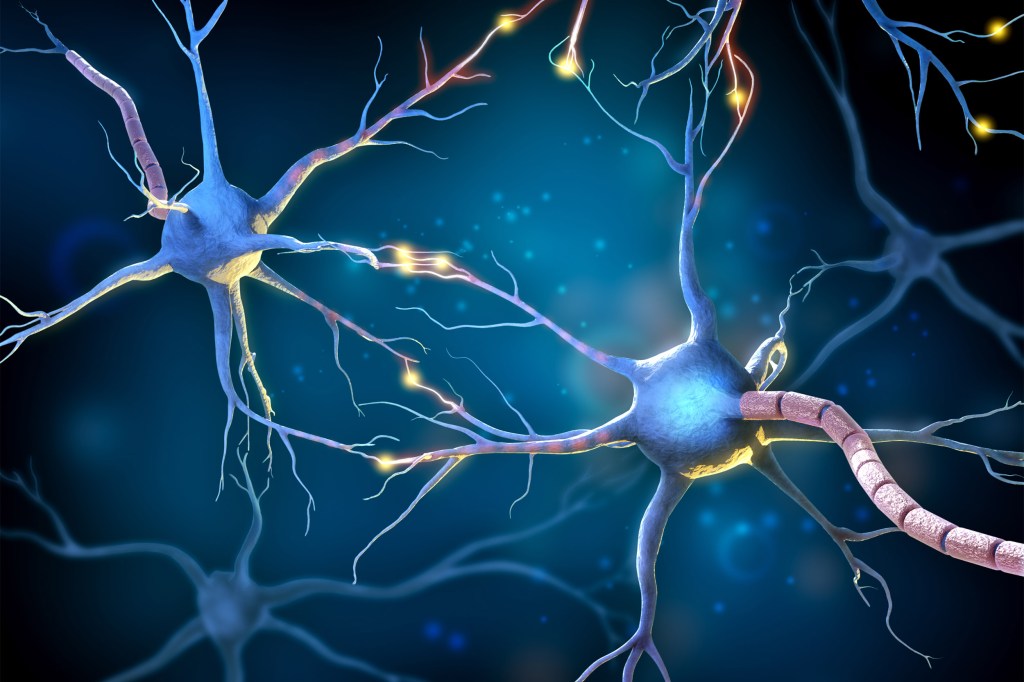
-
Lessons on diplomacy, sustainability of International Space Station
Soyeon Yi, the first Korean astronaut, details her experiences with Americans and Russians while on a mission on the International Space Station.
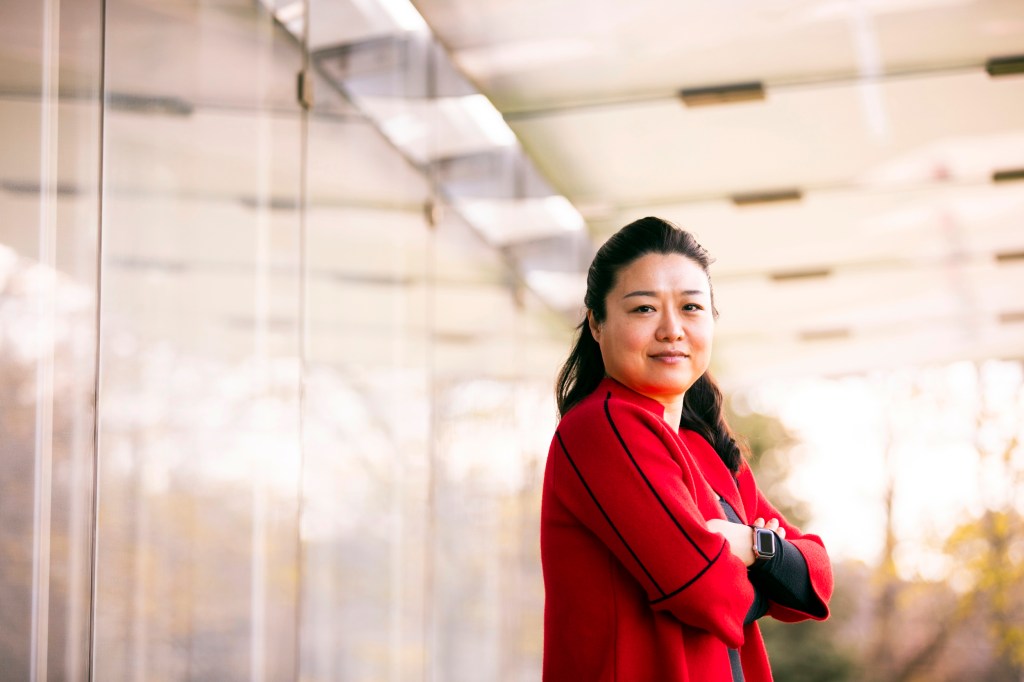
-
Zircons (and the secrets they hold) are forever
Harvard-led researchers detect some of the earliest evidence for modern-like plate motion.
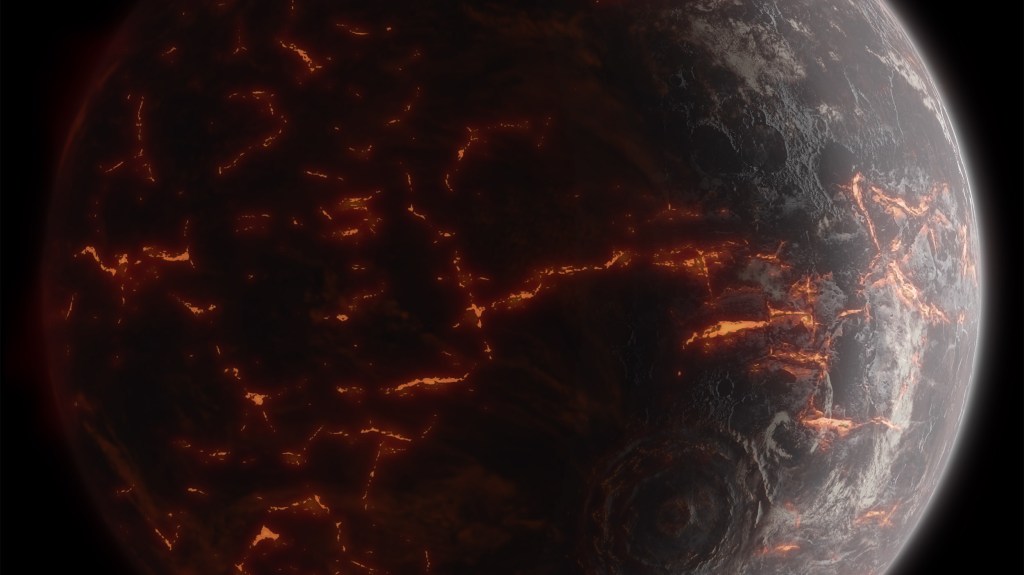
-
They’re less terrifying than you think — but still, those teeth
Bellono Lab gets new addition, piranhas. Now it’s time to study their eating habits.
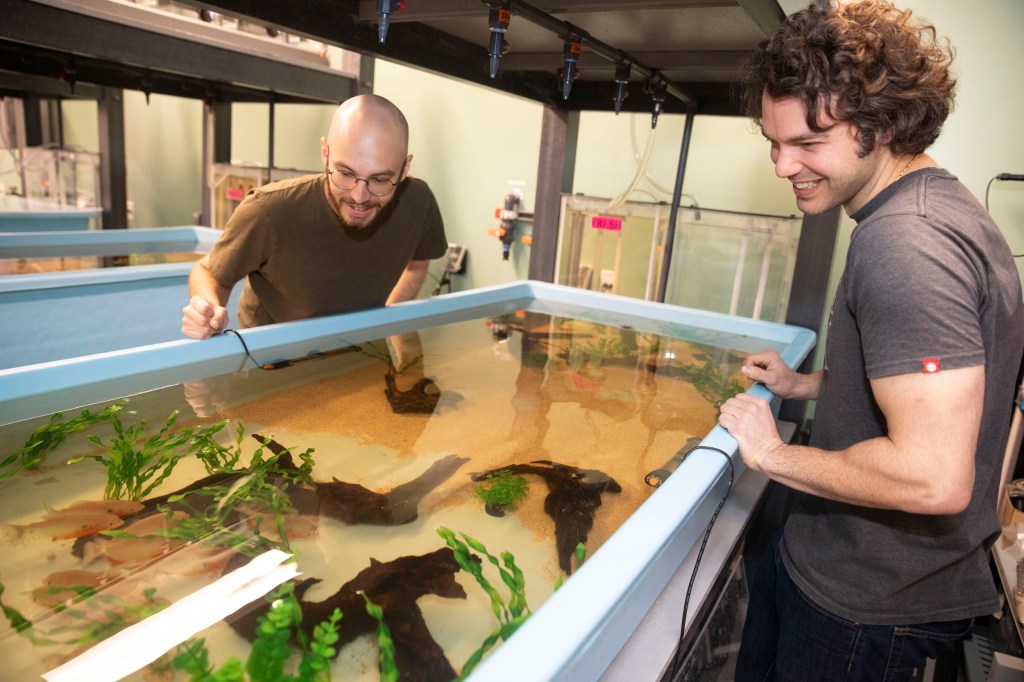
-
Scientific discovery gets kind of government seal of approval
Harvard student Amir Siraj ’22 and Professor Avi Loeb have found the earliest known meteor from another solar system to hit Earth, with the results confirmed by U.S. Space Force.
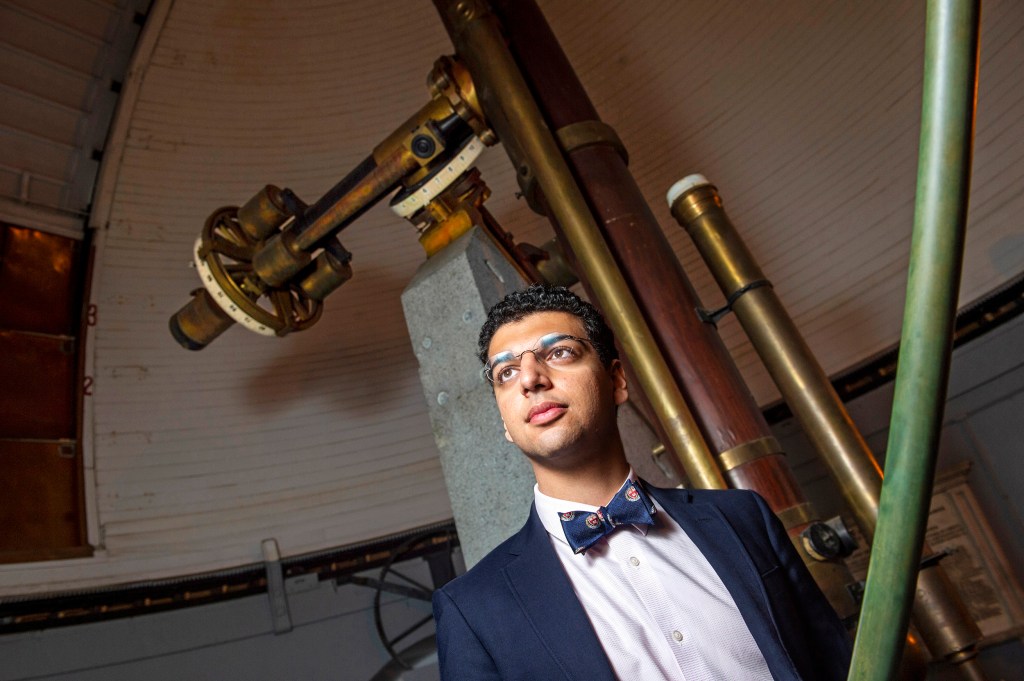
-
New approach may help clear hurdle to large-scale quantum computing
A team of physicists have created a new method for shuttling entangled atoms in a quantum processor at the forefront for building large-scale programmable quantum machines.
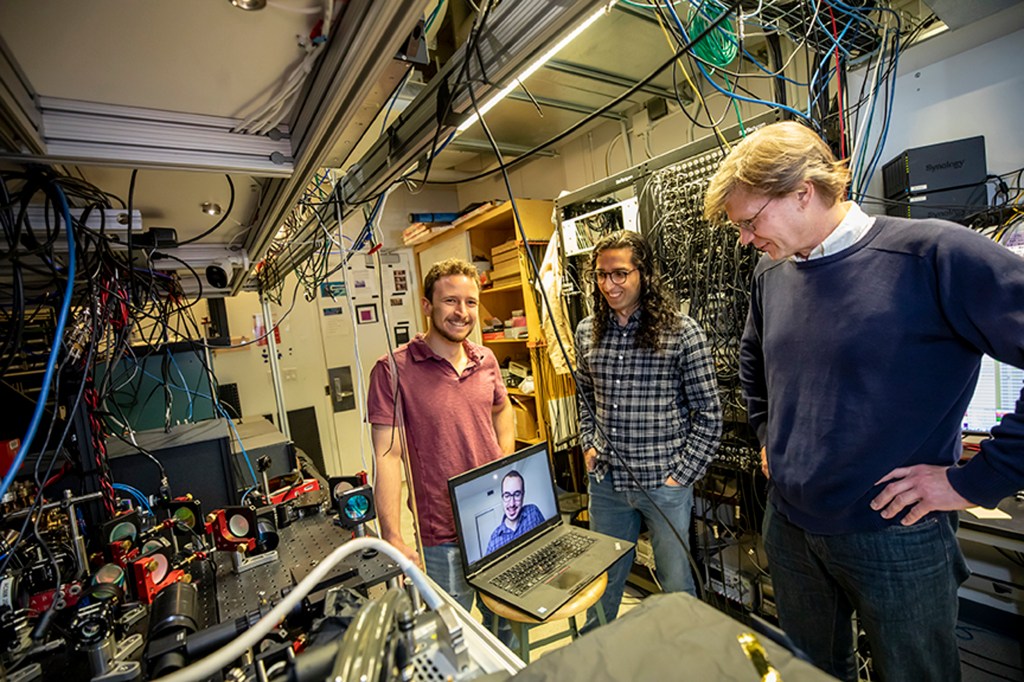
-
Representation making difference
Three physics Rhodes Scholars reflect on ways female mentorship helped them, importance of paying it forward.
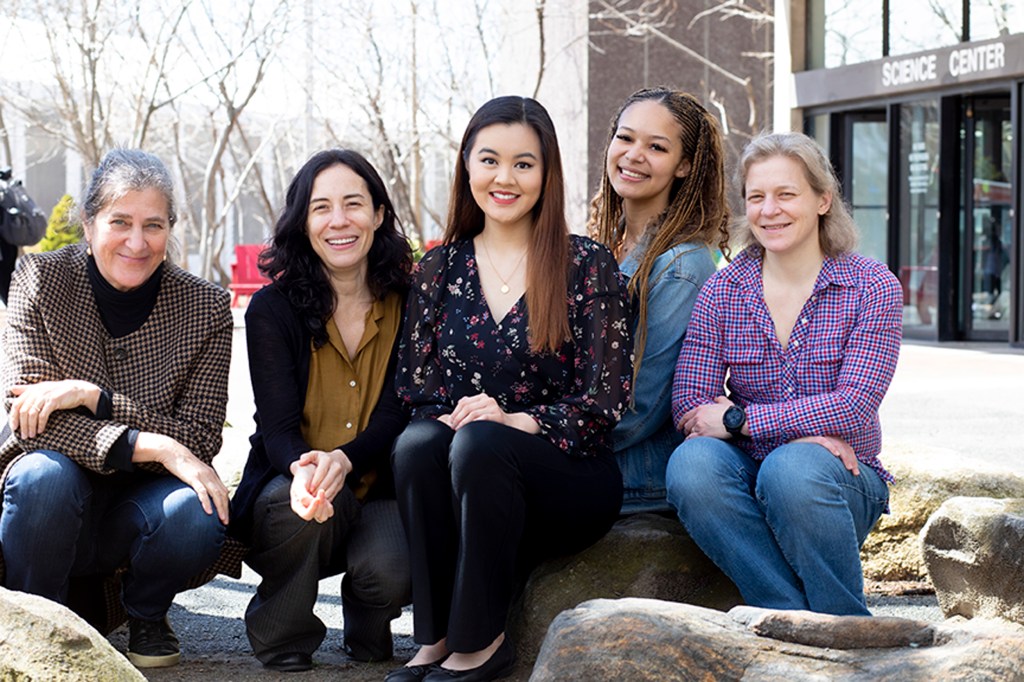
-
Way forward on climate change
The panel of experts looked at success and failures since the first Earth Day in 1970.
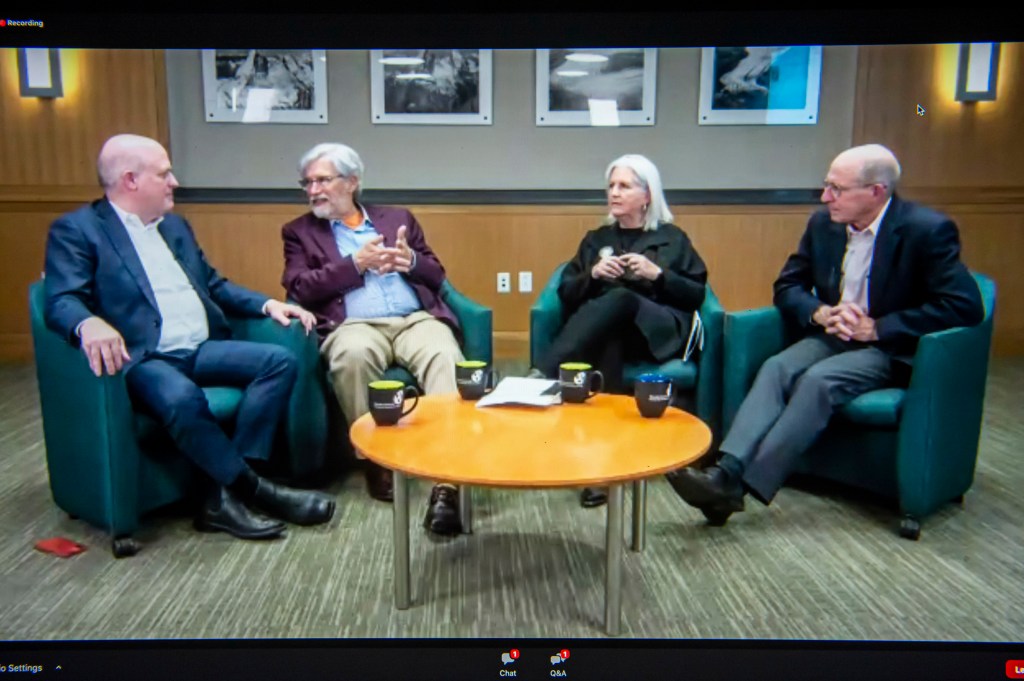
-
Relocating farmland to cut carbon emissions amid warming world
Reimagined world map of agriculture could turn back clock 20 years on carbon emissions.
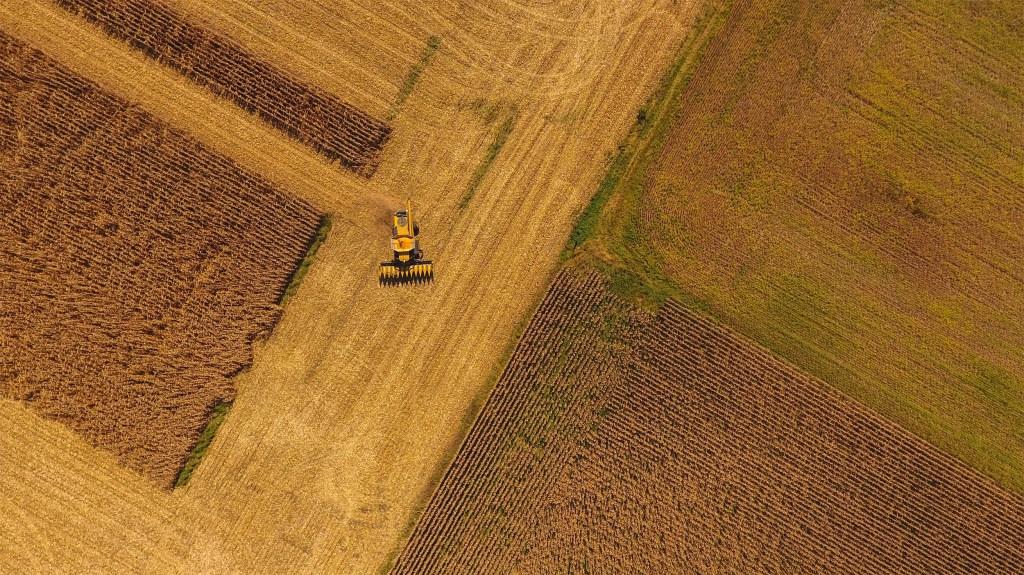
-
6 things to know about Earth
Andrew Knoll, Harvard’s Fisher Research Professor of Natural History and author of the recent popular science book “A Brief History of Earth: Four Billion Years in Eight Chapters,” shares six facts about the Earth.
